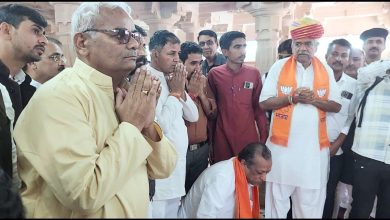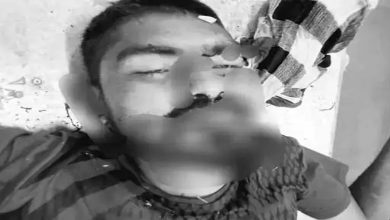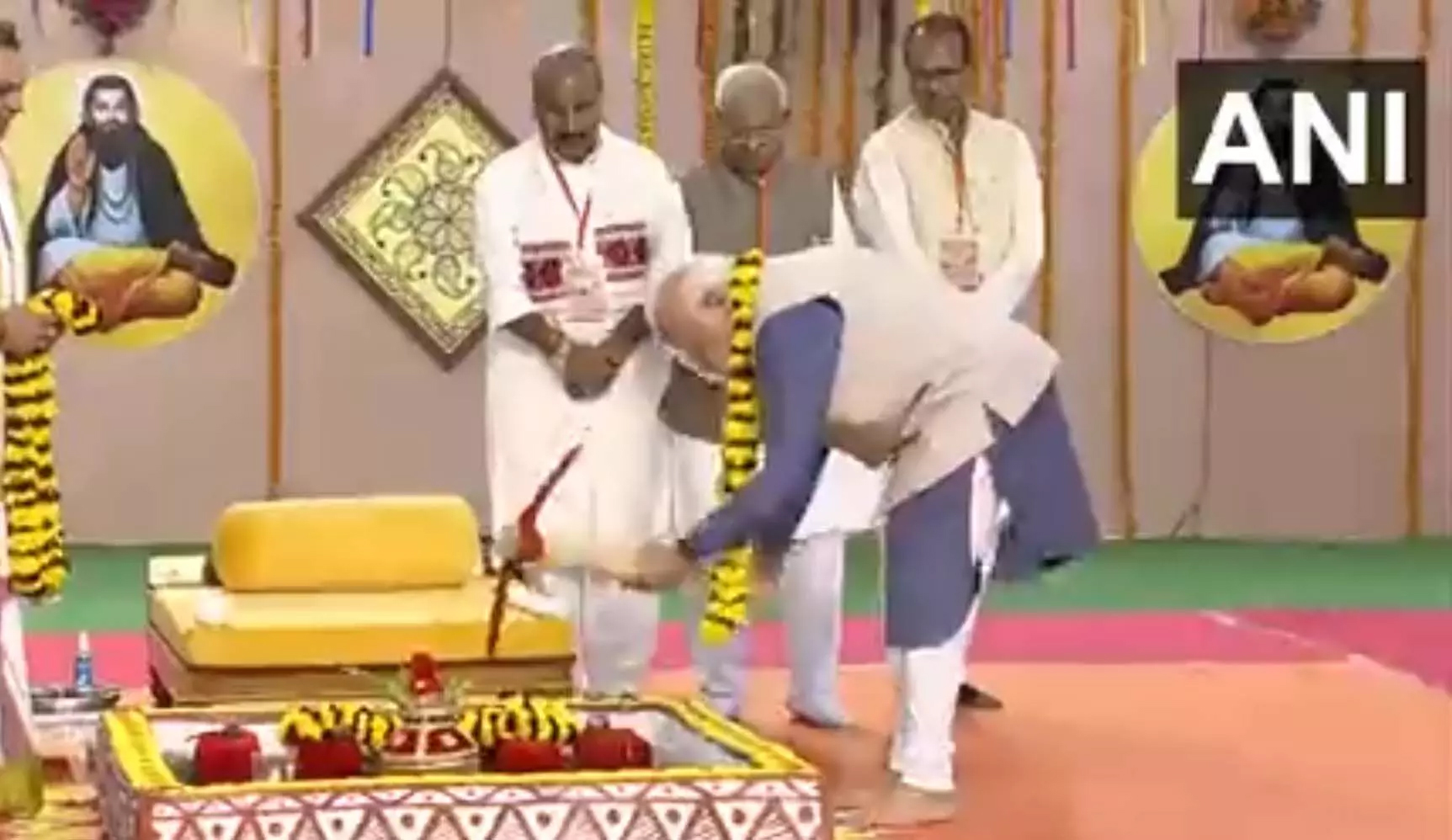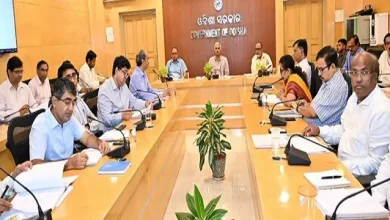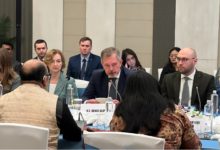
Dhaka: Ashok Kumar Debnath, Additional Secretary, Election Commission of Bangladesh, while disclosing important details regarding the upcoming general elections, outlined comprehensive preparations to minimize possible disruptions, especially those called by the main opposition party, Bangladesh. In the light of the strike. Nationalist Party (BNP).
In an exclusive interview with ANI, Debnath said that the main focus was on voter safety.
Ahead of the general elections to be held in Bangladesh on Sunday, the country’s opposition party BNP today organized a major protest in the Paltan area of Dhaka.
The protesters refused to participate in the electoral process until a caretaker government was formed. The protesters raised slogans in Bengali and stressed that elections are not just child’s play.
The BNP has called for a 48-hour nationwide ‘hartal’ (general strike) starting today to demand the resignation of the “illegitimate government” of Prime Minister Sheikh Hasina. BNP, under the leadership of former Bangladesh PM Khaleda Zia, decided to boycott the general elections to be held on January 7.
The second day of the strike coincides with tomorrow’s elections, which have already attracted global attention. However, in response to possible disruptions, especially strikes called by some political parties, Debnath assured the public that the Election Commission is fully prepared.
“Yes, some political parties have called a strike and are restraining themselves from contesting the elections. They will stop voters from going to the polling booth. Still, we have every kind of preparation. We will inform voters through print and electronic media. So that security arrangements have been made for all types of voters and they cast their vote freely. There is no apprehension of any kind of anarchy or anything else.”
“We have around 8 lakh security personnel including police, army, navy, coast guard and BGB (Bangladesh Border Guard). They are patrolling the area,” he said. Debnath also said that the army has been deployed, as it is a traditional practice in Bangladesh elections, to build confidence and enhance law and order.
“Not only the Army, the Armed Forces, Navy, Air Force are also providing six helicopter support to transport election material to polling stations, especially in hilly areas where motorable roads are not available,” the Election Commission official said. “
The purpose of the army’s presence is to create a sense of security among voters, thereby encouraging their participation, he said. “The army has been deployed to give some kind of assurance to the voters.
If the army is deployed, the law and order situation will be better. In such a situation, people will be assured of going to the polling stations and casting their votes.
Debnath also confirmed that all necessary preparations have been completed, with election material sent to polling stations. While most ballots are scheduled to be delivered tomorrow, 4,000 remote polling stations will receive them today due to logistical constraints.
The remaining election material, including ballot boxes and seals, is already being delivered to various polling locations. Highlighting key figures, Debnath revealed that around 12 crore registered voters are eligible to participate in the elections.
Of the 44 registered political parties, 28 are actively contesting the elections, with a total of 1,971 candidates. Notably, this election is a historic moment as a transgender candidate is participating for the first time in the electoral history of the country.
“This is the first time in the history of Bangladesh that transgender people are contesting in this election,” Debnath said.
Concluding the interview, Debnath appealed to voters to cast their votes and assured them that the Election Commission has taken all necessary measures to guarantee a smooth and secure electoral process.
“There is no apprehension of any mismanagement and all voters should freely come to the polling stations and cast their votes as per their wish,” he said.
As Bangladesh prepares for the upcoming general elections, the Election Commission remains steadfast in its commitment to ensure a fair, secure and inclusive democratic process despite the challenges posed by political attacks and resistance from the opposition.











